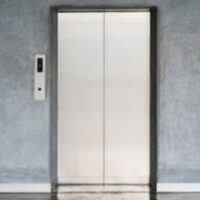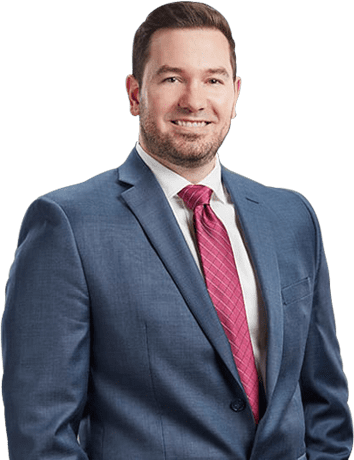Your Legal Options Following an Elevator Accident

Many guests and employees rely on this form of transit. Therefore, elevator safety is an important part of an employer’s or landowner’s duty of care.
This duty requires landowners and employers to design and maintain safe workspaces, including safe elevators, inside and outside. Elevators must be in good working order and their floor must be clean. If a letdown in either area causes injury, the victim is entitled to compensation.
In a workers’ compensation case, which doesn’t require a Carlsbad personal injury lawyer to prove fault or negligence, this compensation usually includes lost wage replacement and medical bill payment. Employers cannot contest liability (legal responsibility), unless the victim was on drugs or a few other exceptions apply. However, employers, or rather their insurance companies, almost always contest damages (amount of compensation).
Additional compensation, such as money for emotional distress and other noneconomic damages, is available in negligence cases.
Guest Injuries
Usually, an Oceanside personal injury lawyer uses the ordinary negligence doctrine to obtain compensation for non-employees injured by malfunctioning elevators or in elevator slip-and-fall matters. This doctrine has four basic elements:
- Duty: We touched on this concept above. In California, a landowner’s duty of care varies in different situations, based on facts like the nature of the property, difficulty of addressing the hazard, likelihood of serious injury, and the owner’s knowledge of the hazard..
- Breach: Owners breach their duty of care when they violate the standard of care. Sometimes, the law, such as an elevator inspection requirement, establishes the standard of care. Other times, owners breach their duty of care because they didn’t go out of their way to avoid injury.
- Cause: Poor mobility or another pre-existing condition often contributes to a slip-and-fall injury. But the owner’s failure to remove a floor hazard substantially causes that injury. Additionally, the injury must be foreseeable. If an elevator has mechanical problems, it’s foreseeable (possible) that an injury could happen.
- Damage: Stumbling on a slick floor, being stuck in an elevator, and other such situations are inconvenient and frightening. Usually, however, such incidents don’t meet the legal requirement of damages. Usually, the victim must sustain a physical injury.
We mentioned elevator safety laws above. If an owner violated such a law, and if a government agency issued a citation, the owner could be responsible for damages as a matter of law.
Contributory negligence might be the most common insurance company defense in elevator accident cases. This legal loophole essentially shifts accident blame from the tortfeasor (negligent party) to the victim.
Employee Injuries
Usually, if a victim proves negligence, the compensation dominos fall over as well. In contrast, workers’ compensation disputes almost always exclusively involve damages.
The net pay line on a paycheck doesn’t always accurately reflect a job injury victim’s lost wages. Frequently, these individuals receive non-cash compensation, like tuition reimbursement. Furthermore, if a job-related injury forces a victim to miss overtime opportunities or a performance bonus benchmark, the victim deserves compensation for these losses.
Similarly, insurance adjusters often act like “reasonably necessary” medical treatment, which is the standard in these cases, means the “cheapest available” medical treatment. So, attorneys often partner with independent doctors to establish this necessary fact.
Count On a Savvy San Diego County Lawyer
Injury victims are entitled to substantial compensation. For a free consultation with an experienced personal injury lawyer in Oceanside, contact the Pursley Law Firm. We routinely handle matters throughout SoCal.

